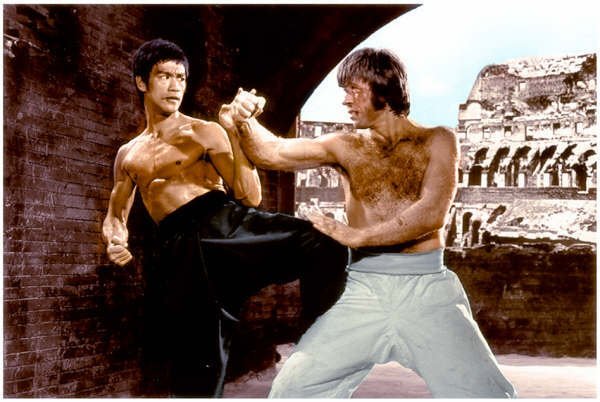Learn about martial arts philosophies & Vid of Great Fight Scene!

VIDEO: WATCH THIS! Incredible top 10 amazing powerful martial arts!
The martial arts philosophy, or at least the traditional karate philosophy, is called the Dojo-Kun. The Dojo-Kun is simply a five point ethical guide for training in the martial arts and for behavior in your everyday life and is sometimes called the “Student Creed” in English. The traditional karate ethics are often translated as:
· To strive for the perfection of character
· To follow the paths of truth
· To foster a spirit of effort
· To honor the principles of etiquette
· To guard against impetuous courage
Those who study martial arts management, like any business students, know that it is just as important to learn what NOT to do, as to learn the best business practices. As much time as you may spend learning all the “must-do’s” of the running of any business, you must take a look at the past mistakes of others, especially the mistakes that are made over and over again.
It’s easy to see why martial arts systems originally developed. When battles were a summation of hundreds of individual fights between warriors, and when the technology used in warfare was limited to some shielding and perhaps a particularly imaginative weapon, or just a sword, the deciding factor in combat was the physical prowess of the humans involved. Therefore it’s not surprising that many sought to improve their fighting technique, through observation of what worked well, and what did not.
Starting Too Big
Many Black Belts who want to open their own school think they have to, or even can, open a big school and students will instantly thrive to the dojo just because it is this big, open, fancy place. The reality is that no one will ever see the inside of your school unless you manage to properly market to them and get them there.
Even if you do, you can go broke in the first year paying the huge rent and loan you may have taken out to open the school.
The purpose of these rituals is not to force your respect for others but rather to develop a sincere and strong respect for yourself. If you do not respect yourself how can you respect others? When you respect yourself you can and will develop respect for others.
https://www.youtube.com/watch?v=1d3sQVgCsUs





